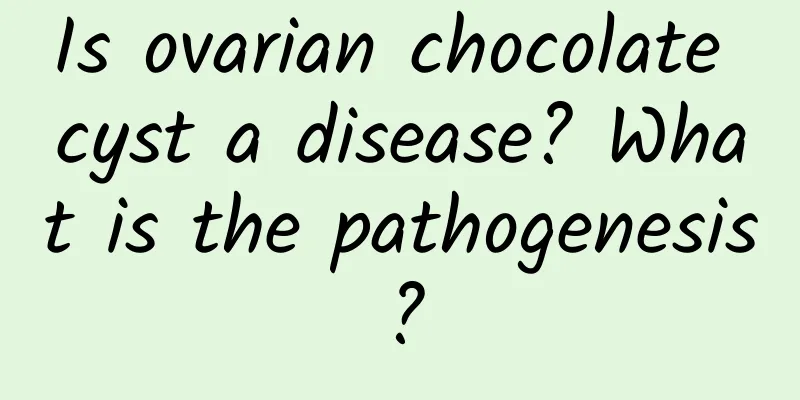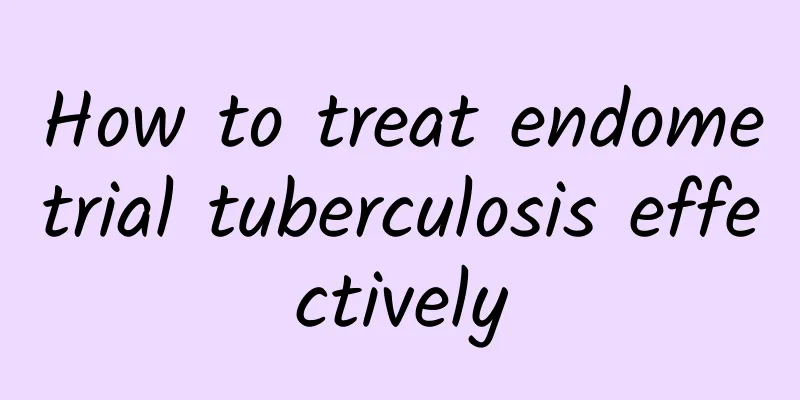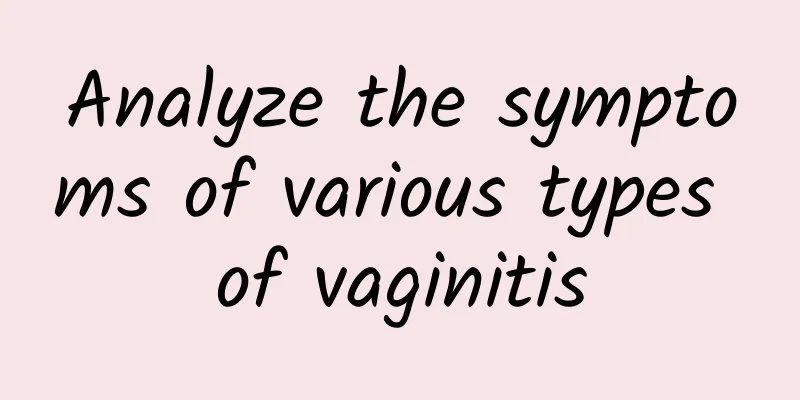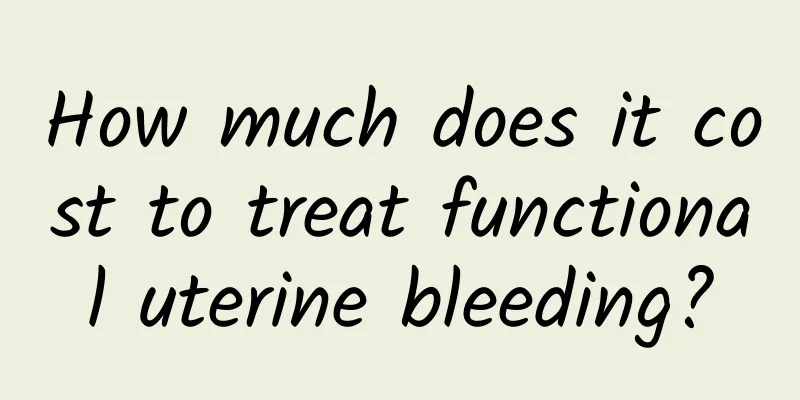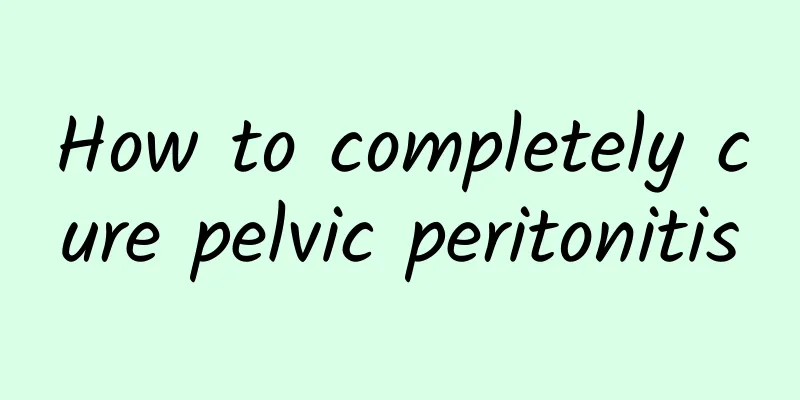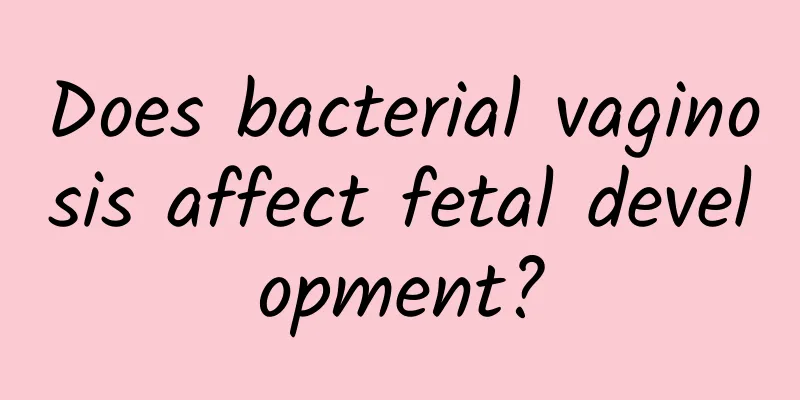Does mild cervical adhesion need to be treated?

|
Whether or not minor cervical adhesions need to be treated depends on their specific cause and symptoms. Usually, minor cervical adhesions may not cause obvious symptoms and therefore do not necessarily require immediate treatment. However, if adhesions cause fertility difficulties, menstrual abnormalities, or other health problems, evaluation and possible treatment are required. Cervical adhesions are usually caused by trauma or infection of the cervix, which may include infection after intrauterine operation, childbirth, or abortion. Mild cervical adhesions may be asymptomatic, but in some cases, they may cause menstrual blood flow disorders, prolonged menstruation, or dysmenorrhea. If cervical adhesions are suspected, the most common symptom is menstrual changes, and examination and diagnosis may require the use of ultrasound or hysteroscopy. For mild cases, the doctor may recommend regular monitoring, but not urgent treatment. Cervical adhesions are usually caused by trauma or infection of the cervix, which may include infection after intrauterine operation, childbirth, or abortion. Mild cervical adhesions may be asymptomatic, but in some cases, they may cause menstrual blood flow disorders, prolonged menstruation, or dysmenorrhea. If cervical adhesions are suspected, the most common symptom is menstrual changes, and examination and diagnosis may require the use of ultrasound or hysteroscopy. For mild cases, the doctor may recommend regular monitoring, but not urgent treatment. If cervical adhesions do interfere with your health or fertility, your doctor may recommend a number of management options. The most common is cervical dilation, a procedure that physically dilates the cervix to loosen adhesions. Medical treatments may include topical hormones to help the cervix return to its normal state. Another option is a hysteroscopic procedure to directly separate adhesions under visualization. For those trying natural treatments, it is important to ensure good personal hygiene and maintain immune health, while a diet high in vitamins C and E can help restore tissue health. If you have any remaining symptoms or suspected complications, see your doctor. |
<<: Treatment of intrauterine adhesions and cervical adhesions
>>: Can I get pregnant successfully with an enlarged cervix?
Recommend
When do women usually go through menopause?
Women generally go through menopause between the ...
Does a thick endometrium make it difficult to get pregnant?
Does endometrial thickening affect pregnancy? Wha...
What are the main measures to prevent dysmenorrhea?
Dysmenorrhea is a common phenomenon in daily life...
Can heating tomato juice burn fat? ! Japanese people are buying like crazy
Can tomato juice burn fat? ! Japanese people have...
What are the hazards of chronic cervicitis in women? Common knowledge about chronic cervicitis in women
Chronic cervicitis is a gynecological disease fac...
What are the treatments for spontaneous abortion?
What are the treatments for spontaneous abortion?...
Why is menstruation irregular?
Why do I have irregular menstruation? 1. Hormone ...
How to differentiate metrorrhagia (dysfunctional uterine bleeding) from other diseases?
Xiaoqin's menstruation has been a little irre...
Treatment of ectopic pregnancy must be selected according to the patient's specific condition
For patients with ectopic pregnancy, the earlier ...
What's wrong with early menstruation at 47?
What's wrong with early menstruation at 47? M...
How to treat mild uterine fibroids?
How to treat mild uterine fibroids? Mild uterine ...
Can I eat corn if I have pelvic inflammatory disease? Improve immunity
Once you suffer from pelvic inflammatory disease,...
Treatment methods for irregular menstruation in women
Irregular menstruation is a common gynecological ...
Can severe cervical erosion cause death?
Will severe cervical erosion lead to death? Cervi...
Will unclean sexual life induce cervicitis? Dietary care methods for cervicitis
Unclean sexual life is a common cause of cervicit...
